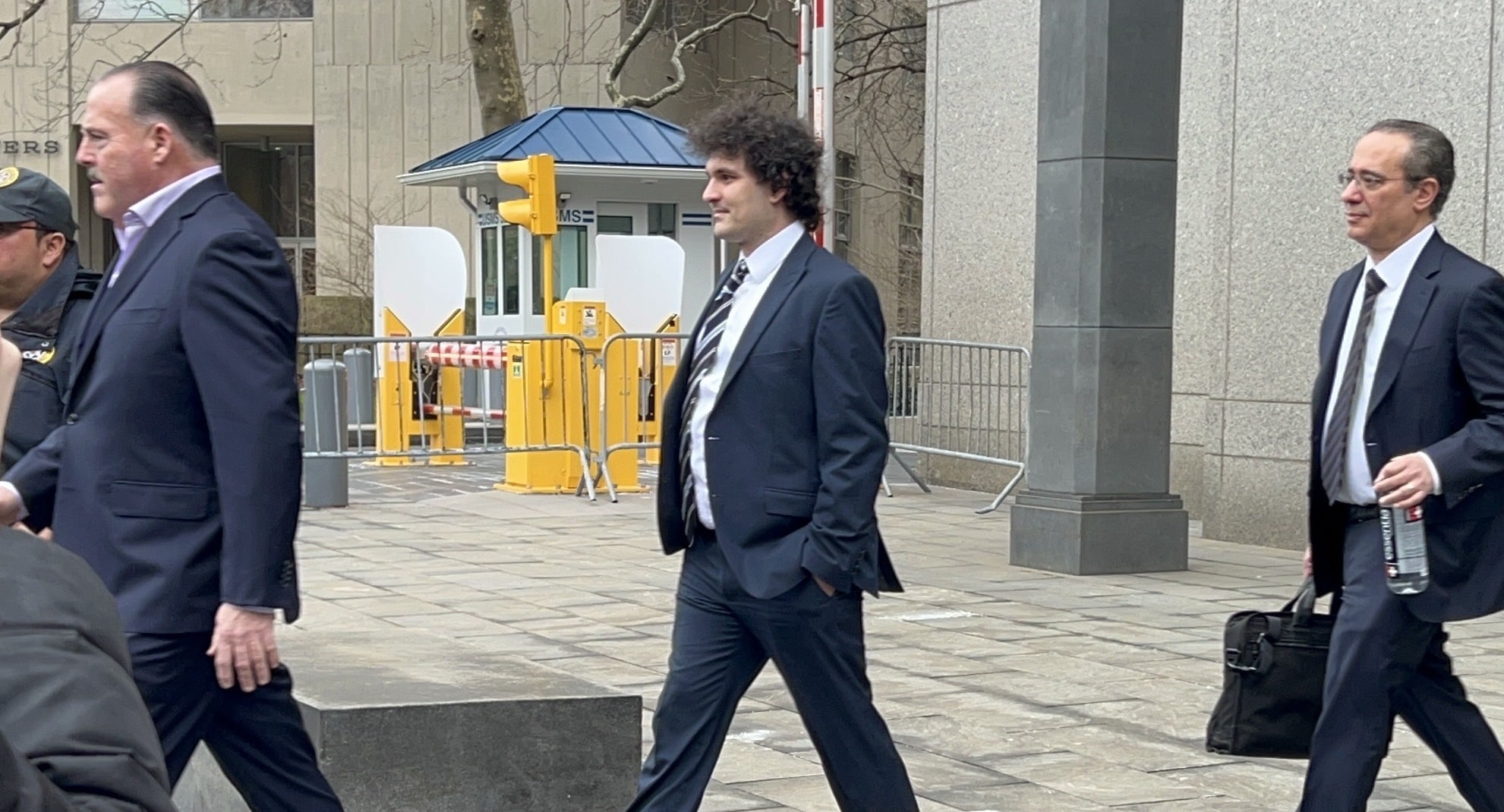When crypto exchange FTX filed for bankruptcy protection in November 2022, a part of U.S. bankruptcy laws called an automatic stay kicked in.
A U.S. judge has now ended that stay on the proceedings between FTX and crypto lender BlockFi, which filed for bankruptcy shortly after FTX due to the exposure.
An automatic stay is meant to prevent creditors from pursuing claims against a bankrupt company to maximize the value of that company’s remaining assets for all stakeholders.
According to a bankruptcy document filed on Monday, Judge Michael Kaplan ordered that FTX debtors can make “arguments, defenses, counterclaims, setoffs, or otherwise” with respect to BlockFi’s claims in the FTX bankruptcy. The companies were also ordered to file for mediation as soon as possible. That mediation will begin no later than Dec. 24.
Read More: SBF Trial, Day 8: Former BlockFi CEO Adds Credibility to Fraud Charges
BlockFi had an estimated $355 million stuck on FTX when it collapsed and was owed an additional $671 million by FTX’s sister firm Alameda Research, where the exchange-ending liquidity crisis began.
BlockFi announced on Oct. 24 that the company had emerged from bankruptcy. The legal distinction meant that BlockFi could start repaying some creditors and open up withdrawals for most Wallet customers whose assets had been frozen on the platform.
BlockFi could also attempt to recover assets it believes were owed by FTX and collapsed hedge fund Three Arrows Capital.
BlockFi CEO Zac Prince testified against former FTX CEO Sam Bankman-Fried in the recent criminal trial where Bankman-Fried was found guilty of all seven counts of fraud and conspiracy. Prince outlined how BlockFi lost around $1 billion because of the FTX collapse.



